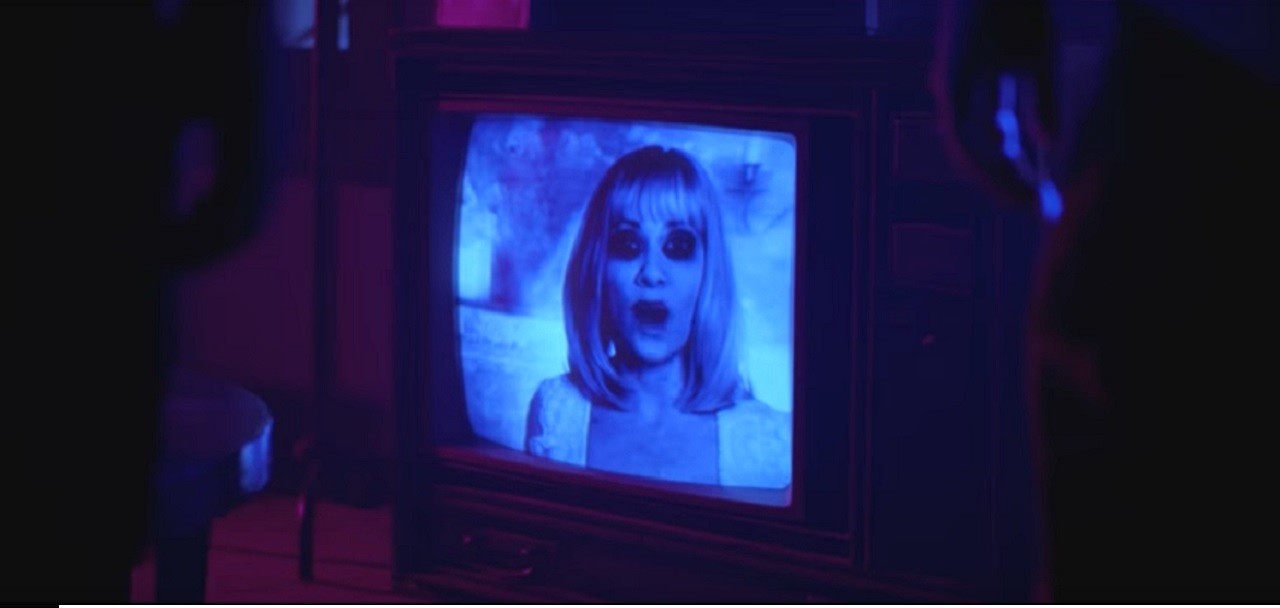
We’re living in an era so saturated with the cultural detritus of previous eras that it’s almost impossible to describe something today without saying, “Well, it’s like the 1960/1970s/1980s/1990s, but…” If there’s any kind of cultural aesthetic that can be identified as being associated with the 2010s, it’s that this decade has been an extended tribute to the latter half of the 20th century. It’s a kind of purgatory where most of what we watch, listen to, and experience is vaguely pleasant but not satisfying in any meaningful way because we’ve already seen it done before.
I don’t want this to sound like I’m against art being influenced by what came before it. That would be a stupid thing to write. There is, however, a difference between being influenced by what came before you and outright imitation. The former takes its influences and molds them into something new and interesting; it finds ways of taking old ideas and making them fresh through addition, subtraction, alteration. The latter dives headfirst into hero worship; it’s too timid to alter what came before it in any way because it holds an almost religious devotion to those ideas.

Horror is a weird genre because its fans often don’t want it to change. They’re fine with young directors imitating Fulci, Argento, Carpenter, and Romero. In fact, they’re even fine with cutting out the young directors altogether and just watching the same movies over and over again. If you attend film festivals or marathons, the most popular films are often the repertory screenings of decades old movies. If you skim the fan press, it’s same dozen or so movies being written about, then rewritten about, again and again. They Live is a fine film, but it hasn’t needed another think-piece explaining its politics for at least a decade.
I mention all of this because Beyond the Gates, a new film in theaters courtesy of IFC Midnight, is not bad in any overt way. It’s perfectly adequate. But that’s the best thing I can write about it. It takes its premise, which is, coincidentally, the past haunting the present, and runs it through all of the tropes and lighting gels we’ve come to expect from a “1980s horror movie.” If there’s anything unusual about the film, it’s in the other films it chooses to reference. While early reviews pegged it as a “horror Jumanji,” Beyond the Gates actually falls somewhere between The Video Dead and Brainscan. It indulges in the junky pleasures of The Video Dead, fully embracing that film’s lurid warning of video literally rotting your brain, and mashes it up with the video game moral panic of Brainscan.

There are also some more obvious references but they don’t necessarily achieve the intended effect. The title and the film’s finale seem to suggest a connection to Fulci which never fully materializes and leaves the film more closely resembling an early 2000s Full Moon title like The Dead Hate the Living (another film which is perfectly adequate in its own right) rather than a “Fulci classic” like The Beyond. And the film does little to hide the fact that it’s “borrowing” its video board game conceit and general premise from Nightmare, an early ’90s series of horror-themed board games.
If there’s anything to be gleaned from Beyond the Gates, it’s that this era of horror filmmaking is one of transition. It’s becoming clear that indie horror filmmakers are reanimating the rotting corpse of the 1980s to diminishing returns. Mediocre films like It Follows drew praise because they could approximate an era without messing things up too much. Beyond the Gates isn’t any better or any worse than It Follows, and I would argue that it better captures the zeitgeist of the era it’s referencing, but it came a little too late to reap the benefits of the lowered expectations. So, as filmmakers look to find what’s next, we’re going to continue lurching mindlessly through this limbo of inoffensive, mildly enjoyable throwback films. I guess things could be worse? We could be experiencing a late ’90s smarmy slasher revival.




